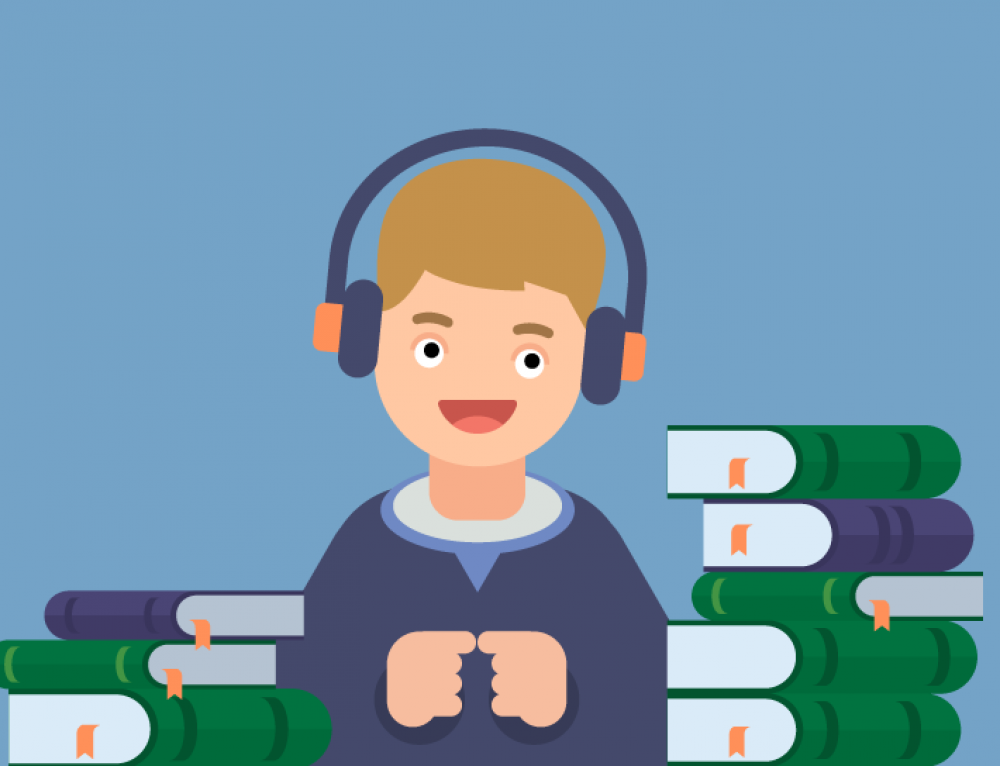Learning a foreign language involves developing several language skills and the use of iphone translator app. At the same time, speaking and listening play a key role for people who are learning English to communicate.
But while there are many tools and ways to express thoughts in another language even with little experience in it, understanding is not so simple. That’s why we offer to figure out how to learn how to perceive foreign speech by ear and grasp the essence even with a small vocabulary.
Assessing the level
Before determining the materials and plan for training, the student should answer a few questions. It is desirable not to keep the answers in your head, but to write them on paper or in a special notebook for language classes.
How fluent in English do I speak and understand at the moment?
What is the most difficult thing for me to understand a foreign language?
What methods to improve comprehension do I use and how often?
How can I improve my listening skills?
The answers to these questions will not only make it clear why I am not making progress, but they will also give you a hint on what to do next.
Choice of material
It is necessary to choose learning materials depending on two factors: the level of language and the range of topics that the learner is interested in. In this case, there will be an incentive to keep coming back to the lessons. After all, language learning should not become a chore, but on the contrary be a pleasure. For the same reason it is better to give lessons from simple to complex, and not to start with watching 2 hours of movies, for example.
Since listening to an unfamiliar language is not easy, especially at the initial stage, you should be the first to include in the training small audio and video. Good comprehension requires skill, and this type of material is the easiest to practice on.
It is useful for beginners to listen to slow songs, simple dialogues on basic and everyday topics, short cartoons, audio texts that native speakers pronounce slowly and clearly. Examples: the educational series Extra, dialogues from the project EnglishClass101 and the YouTube channel of the same name.
For continuing students, the range of materials is wider. There are a variety of comedy TV shows and series with 20-minute episodes (for example, The Sketch Show, Modern Family), movies you have already seen in your native language, thematic video channels of English-speaking bloggers.
At any stage, the main thing is to provide yourself with a constant language environment through TV, radio, news, audiobooks, podcasts.
As for movies, TV series and other video materials, the undeniable advantage of working with them is that what is happening on the screen itself is a clue to the plot. Understanding comes through the intonation, gestures and other actions of the characters on the screen. In addition, a long video can always be divided into parts and worked with each of them separately.
Working Effectively with Audio and Video
Of course, if you just listen to English speech every day without working on the text, it will also have an effect. But even greater results in the promotion of language skills are obtained by doing additional tasks. For example, speaking is perfectly trained through the retelling and discussion of what you heard with a foreign interlocutor, and reading and vocabulary – through work with the text of audio or video.
The following scheme allows you to increase the effectiveness of your listening comprehension training, expand your vocabulary, and improve your speech and pronunciation. It is possible to adapt it to your classes, changing some items or adding new ones.
How to use audio and video
Listen to the audio or video twice, not relying on the text, but only trying to understand the general sense of what is being said. At this point, you do not need to parse every word and translate it verbatim.
Listen or watch again, referring to the text of the recording. You can immediately underline new phrases in the text that are not clear from the context.
Break down unfamiliar words and make up your own examples of them.
Listen again with the text, and then without it.
In addition, it is useful to retell what you have heard, to express an opinion on the subject, as well as to repeat the text of the recording aloud after the native speaker, training pronunciation.
Time to practice
Perhaps a popular mistake of those who learn English is to practice only if you have at least an hour at your disposal, and otherwise completely cancel the class. In fact, it’s better to practice for 5 minutes than to have no time for a foreign language at all today.
Language skills tend to get lost and foreign words tend to get erased from memory. You can successfully pass an international exam, take an intensive course or an internship in another country, thereby raising the level of the language. But if you slow down with practice for a while you will have to start almost from the beginning.
That is why it is so important to make sure that the language is present in your life on a daily basis. To do this it is worth noting a specific activity and time to practice in the diary, as well as to think of a list of express training (in case there are only a few minutes). It is useful to prepare materials in advance. Then you can start the class right away, without wasting time looking for them.
How to combine listening practice with daily activities
a) It is convenient to listen to podcasts and the radio while doing chores around the house. Even background listening is beneficial. The sound, rhythm and intonation of the other language is gradually adapted to it and as a consequence listening comprehension improves.
b) On the way to work, in line or during a leisurely walk it is worth turning on the radio, an audio book or dialogues to repeat. For this purpose, they should be preloaded on the phone.
c) To improve your health and your understanding of English at the same time, you can do sports with English-language videos a couple of times a week.
d) It is effective to replace individual activities with language practice. Instead of watching TV in the evening, watch a movie in English once a week. Instead of reading social media feeds, texting with a native speaker.
A few more ideas for productive practice
Repeat aloud phrases from audio or video after a native speaker.
Above all try to understand the meaning of what is said from the context.
Save your listening materials in advance so you can listen to them when you have a free moment.
Recite and communicate with native speakers via Skype, as well as at conversation clubs.
Remember that understanding comes with time as a result of regular practice.
As you can see, there are many ways at your disposal to learn to properly understand native English speakers. But don’t apply them all at once. Try the options one at a time to see which approach works for you. And to get around any difficulties on the way to your goal, choose materials in your area of interest and keep practicing regularly. You’ll get there!
Have fun communicating in English!
